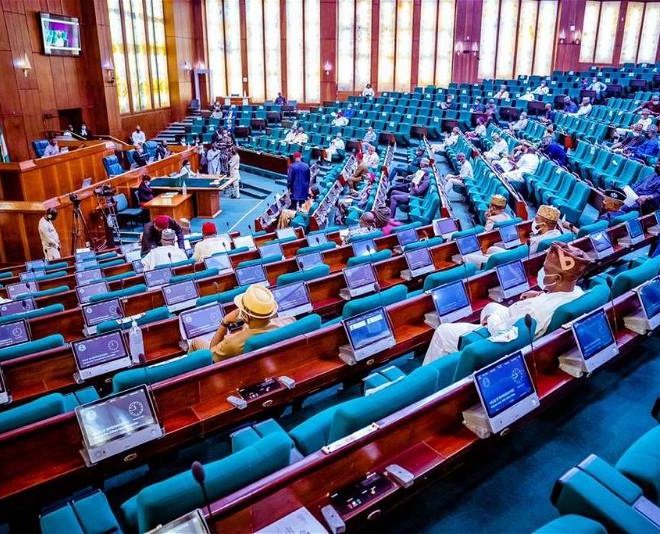The Nigerian House of Representatives engaged in a heated debate over a proposed constitutional amendment to rotate the presidency and vice presidency among the country’s six geopolitical zones. The bill, along with six others related to constitutional alterations, ultimately failed to pass a second reading after a voice vote. The core argument in favor of rotation centered on ensuring fairness and inclusivity in national leadership, addressing perceived historical imbalances in political representation. Proponents argued that rotating the presidency would offer each zone an opportunity to lead the nation, fostering a sense of belonging and mitigating potential marginalization. However, this perspective met with significant resistance from lawmakers who raised concerns about potential unintended consequences and the practicality of such a system.
Opponents of the rotational presidency amendment voiced several key arguments. Some, like Deputy Minority Leader Aliyu Madaki, believed the existing Federal Character Commission already addressed representation concerns. He argued that enshrining rotation in the constitution could create a dangerous precedent and interfere with the established mechanisms of political parties, which typically manage power-sharing arrangements during elections. This view was echoed by other lawmakers who emphasized that the existing system allowed for fair representation through party negotiations and internal processes. Introducing a rigid rotational system, they contended, could disrupt this delicate balance and potentially lead to further political instability.
Another central argument against the amendment revolved around the potential compromise of meritocracy. Sada Soli raised the question of whether a rotational system would prioritize regional representation over the qualifications and competence of potential candidates. He expressed concern that such a system might inadvertently elevate less qualified individuals simply because it was their zone’s “turn” to hold the presidency. This concern resonated with several other lawmakers who emphasized the importance of choosing leaders based on merit and capability rather than regional origin. They argued that prioritizing regional representation above all else could have detrimental effects on governance and national development.
Further concerns arose surrounding the potential for increased ethnic and regional rivalries. Shina Oyedeji argued that constitutionalizing rotation could trigger further agitation for representation within the zones themselves. If the presidency were allocated to the Southwest, for example, he questioned which state within the zone would get the slot, leading to potential intra-zone conflicts. This concern highlighted the potential for the rotational system to create new fault lines and intensify existing tensions within the various regions, exacerbating rather than resolving issues of representation. The potential for endless sub-divisions and further demands for rotation at state and local levels was seen as a destabilizing factor.
The practical implications of the rotational system also drew scrutiny. Bello Mohammed El-Rufai raised the question of succession in the event of a president’s death in office. He questioned how the rotational system would function if the designated successor belonged to a zone different from the one scheduled for the next presidential term. This scenario highlighted the potential for constitutional crises and legal ambiguities under a rigid rotational system. El-Rufai also argued that enshrining rotation in the constitution would infringe on the right of all Nigerians to contest for any office, regardless of their region of origin. This fundamental right to participate in the political process, he argued, should not be superseded by a rotational system.
The debate also touched upon the broader issue of marginalization and its potential perpetuation even under a rotational system. Olumide Osoba, while acknowledging the unique nature of the amendment, argued against forcing political parties to choose candidates based on regional quotas. He, along with El-Rufai, pointed out that regardless of the system in place, accusations of marginalization would likely persist. Enshrining rotation might simply shift the focus of such grievances, leading to discontent within zones rather than between them. The fundamental issue of perceived inequities, they argued, would not be resolved by a rotational system and might even be exacerbated by its rigid structure.
While some, like Minority Whip Ali Isa, advocated for extending the rotational principle to state governorships, the overall sentiment in the House reflected a deep division on the issue. Clement Jimbo proposed a sunset clause for the rotational system, suggesting it end after each zone had held the presidency once. However, this suggestion did not garner enough support to sway the vote. The rejection of the rotational presidency bill, along with other constitutional amendment proposals, signifies the ongoing challenges Nigeria faces in balancing regional representation, meritocracy, and political stability. The complexities of the issue and the divergent views expressed by lawmakers highlight the need for further dialogue and consensus-building before such fundamental changes to the political system are considered.


